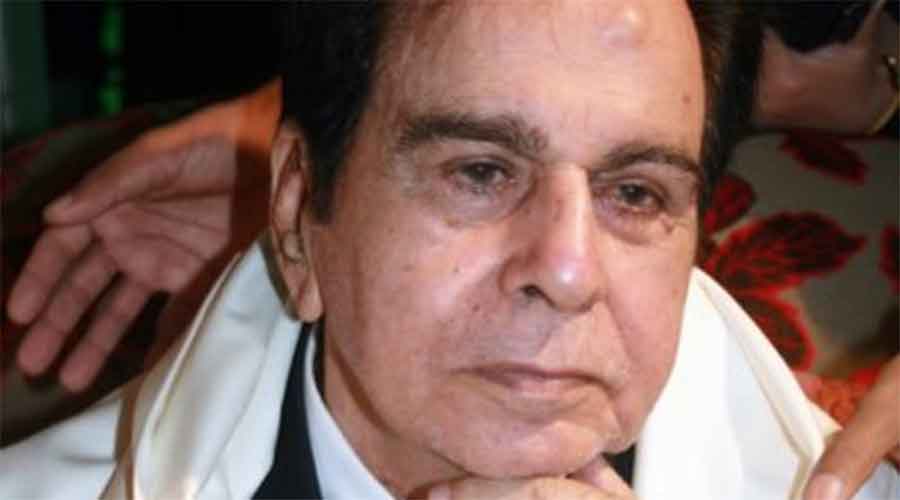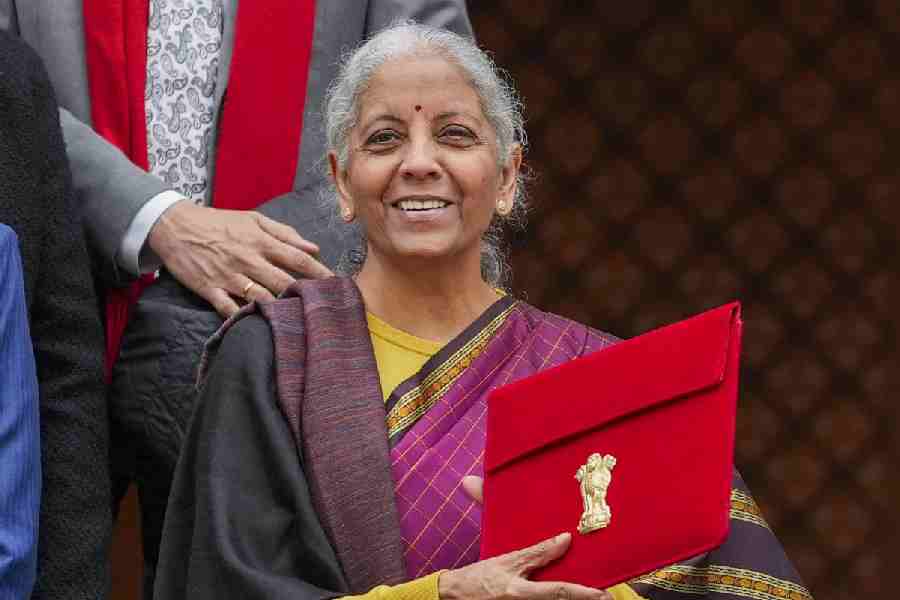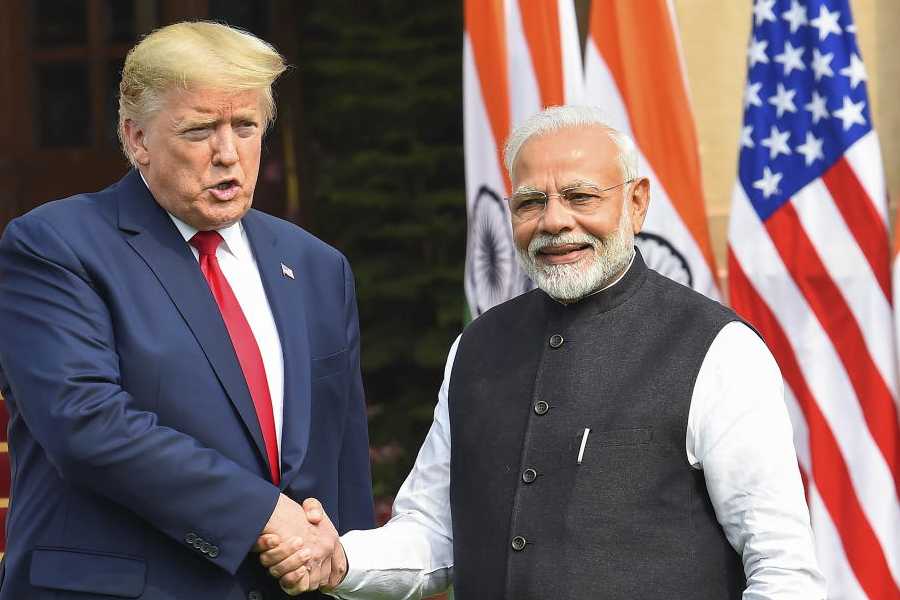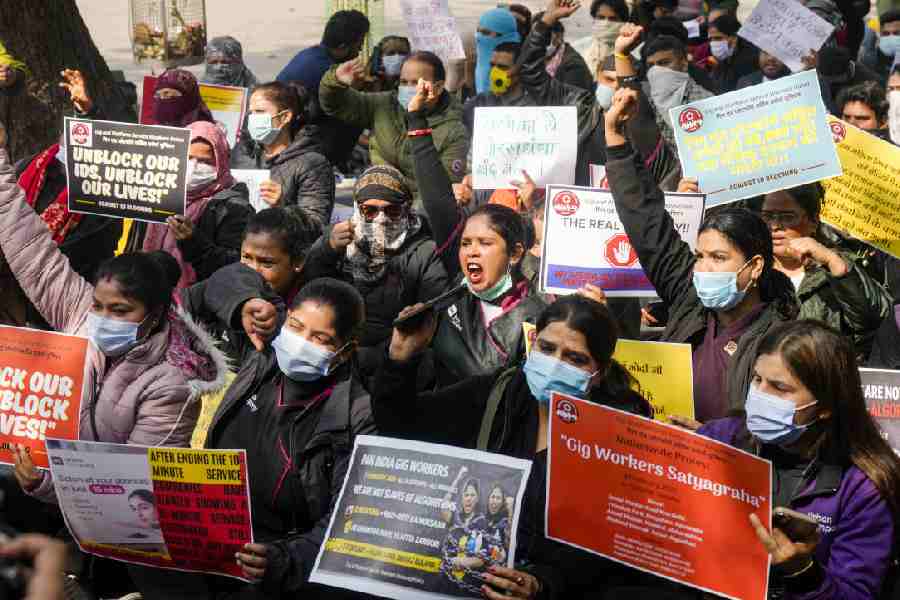For all time
Sir — With the passing of the veteran actor, Dilip Kumar, the Indian film industry has lost a legend (“Kohinoor who pierced hearts”, July 8). Kumar was well-known as the ‘tragedy king’ for his portrayal of numerous serious roles in classics such as Mughal-e-Azam and Devdas. However, he never limited himself to a particular genre and had proven to the public that he was just as good at comedy with Ram aur Shyam. He was the last of the golden troika who transformed Hindi cinema, the other two being Raj Kapoor and Dev Anand.
Besides being awarded the Padma Bhushan and the Padma Vibhushan, Kumar was also conferred the prestigious Dadasaheb Phalke award. Notably, in 1998, the Pakistan government presented him the highest civilian award of the country, the Nishan-e-Imtiaz, for his cinematic appeal across the subcontinent.
Although Kumar’s illustrious film career is familiar to most, what is less known about the iconic actor is that before pursuing acting, he worked as a canteen owner and dry fruits supplier. With his death, the country has lost one of the first superstars of Indian cinema.
Ranganathan Sivakumar,
Chennai
Sir — The death of Dilip Kumar is an immeasurable loss for Indian cinema. Unlike many of his contemporaries, Dilip saab, as he was fondly called, was a measured actor, carving out a niche for himself. He had a powerful screen presence and had influenced several generations of aspiring actors.
Although he had largely retreated from the public eye years before his demise, he was still revered among the younger lot as one of the finest actors of all time. His films will continue to set the benchmark of excellence in Indian cinema.
R. Sekar,
Chennai
Sir — Over the last week, people across the world paid tribute to Dilip Kumar after the legendary thespian passed away in Mumbai at the age of 98. He was laid to rest with state honours at the Juhu Kabristan in Santacruz, Mumbai.
While Kumar’s most iconic roles were in the 1950s and the 1960s, his method of acting, sartorial style, gait and mannerisms continue to be studied by young actors to this day. He was universally respected for his decency; he stood for a Nehruvian idea of India. While he worked in fewer films than many of his contemporaries, Kumar still made over 60 films in Hindi and Bengali in a career spanning 50 years.
He was a versatile artist who played tragedy and comedy with equal ease. His contribution to cinema is unparalleled.
Bhagwan Thadani,
Mumbai
Sir — A recent article by the actor, Naseeruddin Shah, after the demise of Dilip Kumar has revived the question about the legacy of actors and their duties towards the craft as a whole. Shah, while venerating the Kohinoor star, laments that in spite of his enduring legacy, Kumar could have left more of an impact on Indian cinema had he chosen to do so. Shah is right to ponder if Kumar had been guilty of contributing to the star-centric nature of Hindi cinema which has now led to its downfall. Neither did Kumar groom new actors nor, according to Shah, did he pen down his vast knowledge and wealth of experience for future cinephiles.
It has been a matter of debate among fans of Hindi cinema if veteran actors like Dev Anand, Sunil Dutt and Manoj Kumar should have taken an active interest in mentoring the next generation of actors beyond blood ties. Had this been done, contemporary Hindi cinema would have looked very different.
Meenal Kapur,
Mumbai
Be cautious
Sir — The decision of the Japanese Olympic Committee to hold this year’s Games without spectators in venues in and around the capital is the correct one. Tokyo reported the highest number of new Covid-19 cases in almost six months on Wednesday. This has sparked fear that the caseload might exponentially increase in the upcoming months. It would have been better had the Games been postponed altogether. At the very least, the host country should ensure that safety protocols are followed as much as possible.
Sourish Misra,
Calcutta
Sir — It is worrying that people from all over the world are gathering in Tokyo for the Olympics. One can now only hope for the best.
Alaka Sinha,
Calcutta
Change needed
Sir — A 25-year-long study by Boston University on the health of black women found that the long-term use of lye-based hair straightening products among them was linked to an increased risk of breast cancer in comparison to those women who used the products moderately. This finding is crucial in determining the racial disparities inherent in the diagnosis of breast cancer. Black women are socially pressured to straighten their hair as many offices continue to deem the natural hair type of people of African descent to be ‘unprofessional’. Unless such discriminatory practices are curbed, black women’s health will continue to be endangered.
Aratrika Sanyal,
Calcutta










